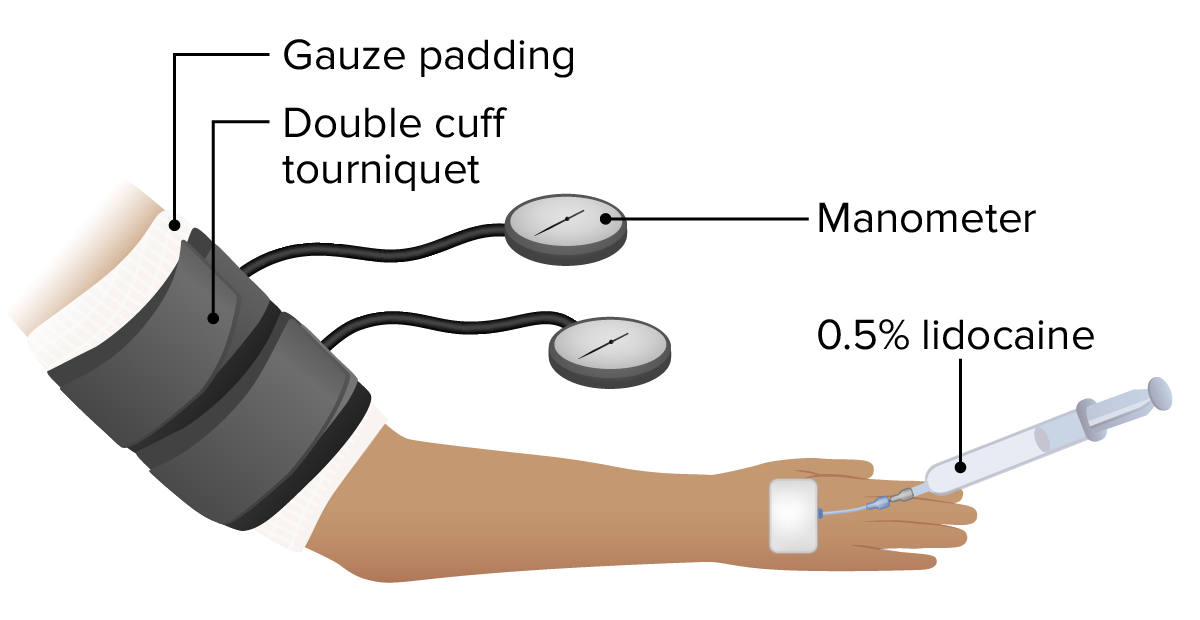Playlist
Show Playlist
Hide Playlist
Introduction to Anesthesiology – Anesthesiology Basics
-
01 - Introduction and History.pdf
-
Download Lecture Overview
00:06 Hello ladies and gentlemen. Here are a series of questions and answers to start you thinking about anesthesiology. I'll follow that with a short history of the specialty and a discussion on how anesthesiology has changed the world. A common question I'm asked, and is a reasonable question: I've been told that I will be asleep during my surgery. 00:30 I don't think surgery can be performed on me if I were just asleep. Is general anesthesia the same as sleep? General anesthesia is not just deeper sleep. It's much better compared to a state of reversible coma. It's a type of coma that we can induce and we can reverse. And yes, we can reverse it and you will wake up from your anesthetic. 00:54 The second common question I'm asked is: I've been told that I will be paralyzed during my surgery. Isn't this dangerous? How will I breathe? This statement is often accompanied by my students with statements like: that's really gross and how will you do that to people? The answer is: you may be paralyzed during your surgery. 01:12 If the surgeon requires muscle relaxation to complete the surgery successfully and safely, or if the anesthesiologist must place a breathing tube in your trachea. The anesthesiologist is responsible for managing your breathing and will make sure that you have no memory for this whole experience. 01:30 Third question that's commonly asked is: Will I remember being operated upon? You will remember entering the operating room and being introduced to the team members that are going to be involved in your surgery. 01:42 You will then be given an anesthetic which will eliminate all memory of the surgical experience itself. And you will not be awakened and you will not reform your memory until the surgery is completed. After the anesthetic is gone, won't I have a lot of pain? When anesthesia is properly delivered, the provider assures that pain prevention is an important aspect of the care. Before the end of surgery, the anesthesiologist will provide you with pain killers that will produce good pain relief when you wake up. In addition, the nurses in the recovery room will give you additional pain relief, if you require it. So here's a definition from the Oxford dictionary: It's not sleep, surgery cannot be performed under conditions of normal sleep. Period. And the Oxford dictionary says: an anesthetic that affects the whole body and it usually causes a loss of consciousness, i.e. he had an operation under general anesthesia. The critical word here is a reversible drug-induced state of unconsciousness, which is characterized by a coma-like state under the control of the anesthetist, term that is also know as anesthesiologist, depending on what part of the world you're in. It's often associated with muscle paralysis. 03:06 It's always associated with profound amnesia for the surgical event.
About the Lecture
The lecture Introduction to Anesthesiology – Anesthesiology Basics by Brian Warriner, MD, FRCPC is from the course Anesthesiology: Introduction.
Included Quiz Questions
Which of the following statements is FALSE?
- Surgery can be performed under conditions of normal sleep.
- General anesthesia is similar to a reversible coma.
- Patients may be iatrogenically paralyzed in the course of their surgery.
- The anesthesia should eliminate all memory of the surgical experience itself.
- When anesthesia is properly delivered, pain prevention is an important aspect of the care.
Which of the following statements regarding memories of being operated on is TRUE?
- Proper anesthesia will prevent memories of a procedure from re-forming postoperatively.
- The anesthesia will eliminate some but not all of the memory of the surgical experience itself.
- A patient will typically not remember being introduced to the OR team.
- A patient will not remember entering the operating room.
- Often, patients will wake up during the surgical procedure.
Customer reviews
5,0 of 5 stars
| 5 Stars |
|
3 |
| 4 Stars |
|
0 |
| 3 Stars |
|
0 |
| 2 Stars |
|
0 |
| 1 Star |
|
0 |
This lecture was informative and engaging. The speaker did an excellent job of presenting the material in a clear and concise manner, making it easy to understand.
1) Perfectly2) iliked all materials3)everyone of my friends and colleges
its so detal I can undersantd and I think this lecture can halp me to learn more about abesthesiology




